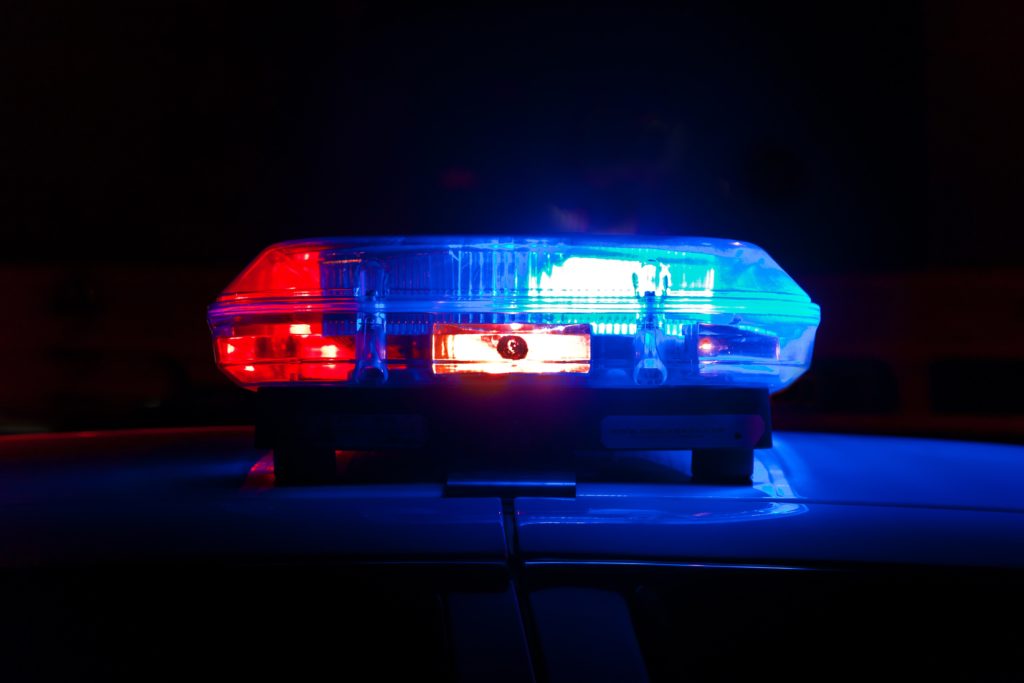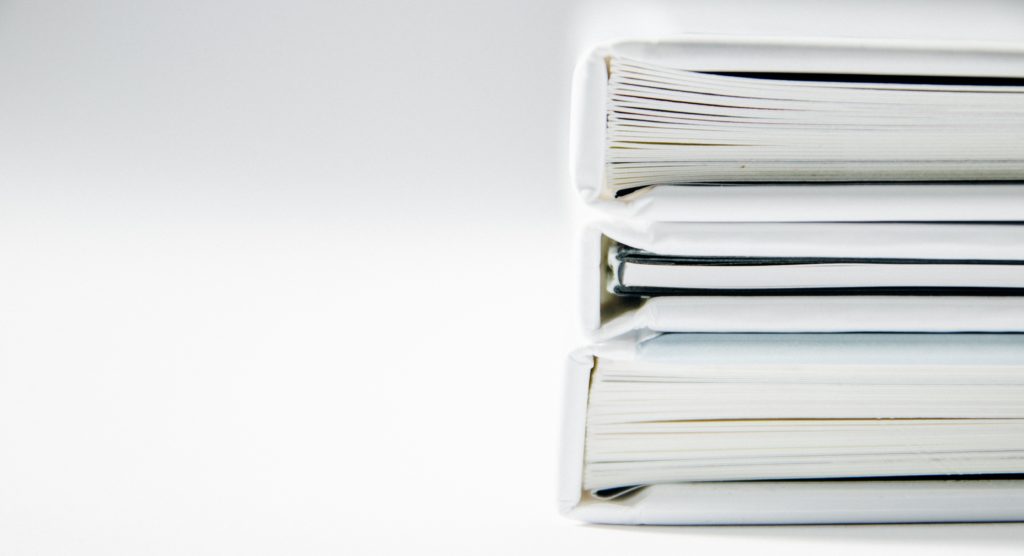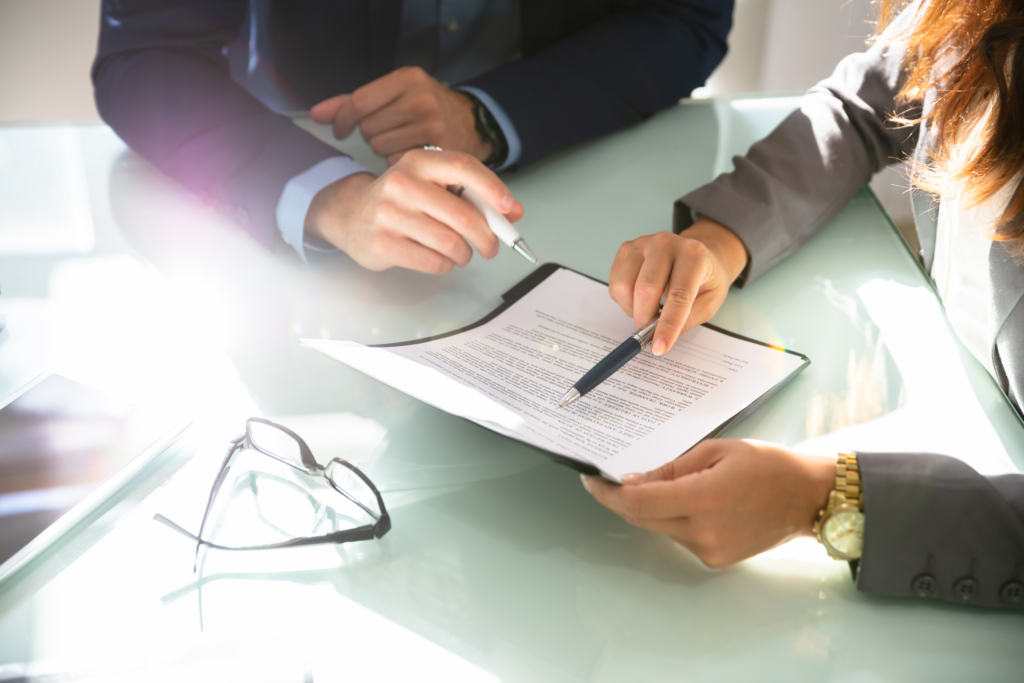Filing a Police Report
Car accidents are a daily occurrence in California. These accidents can result in minor damages or catastrophic injuries. Regardless of how bad you consider the damages to be, after a car wreck, one of the first calls you should make is to the local police.
Whether you’ve been involved in a single or multi-car accident, it is important to obtain proof of what happened. A police report can provide this. Filing a police report after a car crash will protect you from being blamed for the incident and help you in court if you decide to file a personal injury claim. Here is what you need to know about police reports and how to collect one after a car wreck.
What Is a Police Report?
In regard to a car wreck, a police report is a document that a law enforcement officer who arrives on the scene completes. The document details the facts about:
- How the car accident occurred
- Who or what was at fault
- All parties involved (victim, other drivers, etc.)
- Statements from each party
- Reported injuries
- Witness statements
- Diagram of the scene
- Other observations pertinent to the car accident
What Are The Details of a Police Report?
Many things are recorded by the responding officer at the scene of a car wreck. Here are additional details on what will also be logged in a police report.
General Personal Information
The names and information of the individuals involved in the accident will be taken down. Addresses, contact information, and injury status will also be recorded. Vehicle information, like make, model, color, license plate number, and any visible damages will also be noted. This is private information. Therefore, it can only be accessed by select parties. This includes the involved individuals (accused party and claimant). It can also include each party’s insurance companies after a car accident claim is filed.
Diagram of the Scene
The police officer will often include a rough diagram of the scene. This includes the direction the vehicles are found in and possibly the estimated speed of travel based on the impact. It will also likely also show the point(s) of impact and other visible damages. The time of day, weather conditions, and other visual details about the scene of the car wreck will also be logged.
Driver and Passenger Statements
The responding officer is going to want to get each individual’s side of the story that was involved in the accident. They will also use the opportunity to judge whether or not an individual may be intoxicated or under the influence of an illegal substance.
Witness Statements
If there was anyone that was not involved in the car wreck but saw the event take place, they will be interviewed by the police. This can be someone who called in to report the accident or a bystander who stayed at the scene to provide an account. Eyewitnesses are important as they are non-biased third parties.
Filing a Police Report After an Accident
Depending on the severity of the crash and the damages, California Highway Patrol (CHP) will likely need to be contacted by law. However, to err on the side of caution, it’s always best to report the accident regardless.
When obtaining a police report, consider the jurisdiction of where the car wreck took place. There are different ways to get a copy of a police report, so always take location into account.
Use the Receipt That Is Given to You at the Scene of the Car Wreck
The most common way to get a copy of the police report is to go to the police station. While there, provide the receipt that was given to you at the accident scene. The officer who completed the report will give you this receipt with a designated case number.
Or, you can call the law enforcement officials. This needs to be the same department or municipality that issued the document. Then, request the police report. Sometimes, you may have to pay a small fee–around $20.
If you do not have a receipt, you can also request a copy using the date, time, and location of the car wreck.
Work With Your Insurance Adjuster
Your other option is to wait until you’ve reported the car wreck with your insurance company. The assigned adjuster will begin the process of filing a claim with the at-fault party’s insurance. In order to do this, your insurer will request the police report on your behalf.
An important part of an insurance claim is investigating damages. Therefore, a police report is a necessity. They will ask for a copy of the report. Also, they will likely speak with the officer who arrived at the car accident scene. Once that is done, you can request a copy of the report from your insurance company.
The Importance of Obtaining a Police Report
After you’ve been involved in a car wreck, it is vital to file a police report. Aside from the possible criminal or insurance-related implications, the police report is important if you believe that you have a case to file a car accident claim in order to recover damages.
If you decide to file suit, your car wreck lawyer will use the police report as evidence to support your claim. It will also be utilized to prove the losses there were sustained, including vehicle damage and reported injuries. Each piece of evidence will be vital in recovering compensation and proving liability on the other party.



